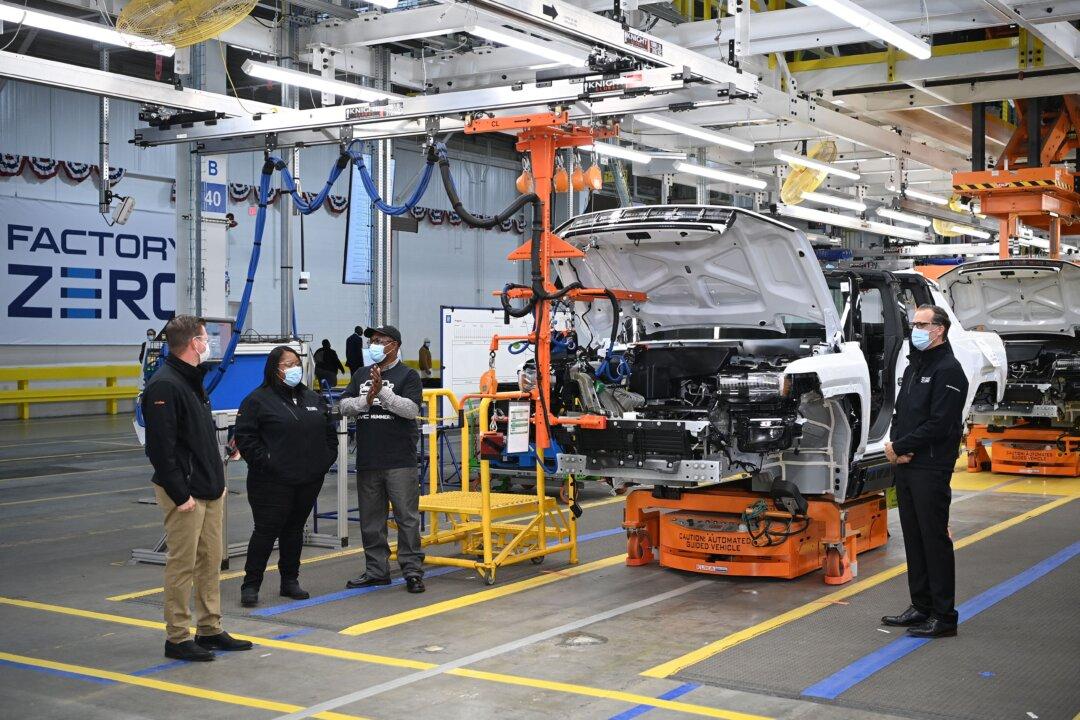The Biden administration’s tax credits for electric vehicles (EV) could end up costing taxpayers four times more than earlier estimates, with multiple manufacturers set to collect billions in such credits over upcoming years.
Among the many tax rebates in the Inflation Reduction Act (IRA) passed last year, one is specifically aimed at electric battery manufacturing. For each kilowatt-hour of U.S.-manufactured cell, a company will get tax credits worth $35. This is expected to cut down battery production costs in the country by a third.





